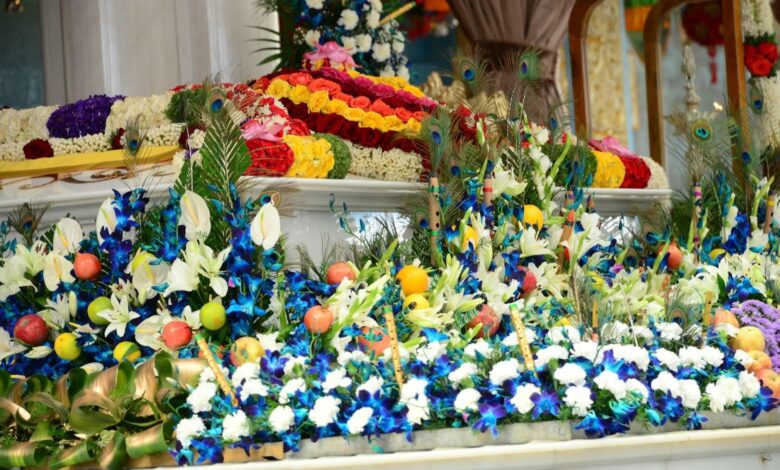How Local Funeral Directors Work with Religious and Cultural Customs

When it comes to funerals, beliefs, traditions, and cultural values shape how we say goodbye. Whether it’s through prayer, ceremony, or celebration, every family and culture brings their own expectations.
That’s why choosing the right funeral director matters — especially if your customs are rooted in specific religious or cultural practices. And often, it’s the funeral directors local to your area who are best placed to help.
Why Traditions Matter So Much
A funeral isn’t just about closure. It’s a celebration of life lived.
Faith and culture influence nearly every part of a funeral. From how the body is prepared, to the words spoken, to how the day unfolds. Honouring any customs is just as important as the service itself.
This is where the experience and understanding of a funeral director makes a real difference.
A good funeral director doesn’t just follow a checklist. They understand the importance of each tradition — and work hard to get every detail right.
The Advantage of Local Knowledge
Local funeral directors are often deeply familiar with the local culture. Many have worked with the same religious leaders, families, and cultural groups for years.
They know the practical things — like what facilities are needed or which venues suit which faiths. But they also understand the emotional needs that come with loss, especially when beliefs play such a central role. And in times of grief, those small differences matter.
Respecting Religious Practices
Here’s how a good funeral director supports the specific needs of different communities:
Christian services: These vary widely across denominations. A local director often knows your local church, priest, or minister — making arrangements smoother.
Hindu and Sikh customs: Cremation is preferred, with open caskets, specific prayers, and sacred items playing a key role. Local funeral directors often provide the right ceremonial support and space for family rituals.
Jewish funerals: Similarly focused on speed and simplicity, Jewish customs require respectful handling of the body and no unnecessary delays. Local directors understand these needs and plan accordingly.
Muslim funerals: Quick burials, ritual washing (ghusl), and prayer services are common. Local funeral directors often coordinate with local mosques and help arrange burial within 24 hours.
These are just examples. What matters most is that local providers either already know what to expect — or they’re willing to learn and listen.
Cultural Traditions
Not every tradition is based on faith. Many families have strong cultural practices that are just as important.
For example:
· Irish wakes bring together family and friends in celebration as well as mourning.
· Caribbean funerals often include colour, music, and community spirit.
· African ceremonies may involve traditional dress, dancing, or storytelling.
· East Asian traditions might include incense offerings, bowing, and symbolic foods.
Cultural elements don’t always fit into pre-packaged services, but funeral directors local to your community will always try to accommodate and adapt. They’ve seen these services before — and if not, they’ll ask questions and make sure everything goes smoothly.
Flexible Services That Honour Your Wishes
One of the key advantages of choosing local is flexibility.
Unlike national chains with fixed formats, local funeral directors usually work closely with families to shape a service that truly fits.
You might want specific music, readings in your own language, or a symbolic gesture that reflects your family’s roots. Local providers are typically happy to make it happen. They see these requests not as obstacles, but as important parts of your story.
This level of care helps families feel heard, understood, and supported at every step.
Good funeral directors don’t just manage logistics. They take time to understand your expectations — not just because it’s respectful, but because it’s essential to doing their job well.
Multifaith and Intercultural Families
Modern communities are often diverse in every sense — faith, background, language, and beliefs.
As a result, local funeral directors are increasingly experienced in supporting multifaith households and helping families balance different traditions.
That might mean combining, for example, Christian and Hindu practices. Or holding two ceremonies to honour separate sides of the family. Local providers can offer creative, thoughtful solutions that respect everyone involved.
In many ways, this is where good funeral directors truly shine — not just in delivering a service, but in bringing people together.
Final Thoughts
Religious and cultural customs can be central to how you mourn, honour, and remember loved ones.
Funeral directors local to your community often bring that knowledge and flexibility. They’ve walked this path with other families. They know how to help you navigate the emotional, spiritual, and cultural layers that come with loss.
So, when the time comes, take a moment to speak to your local provider. Ask about their experience with your traditions. Share what matters most to you.




